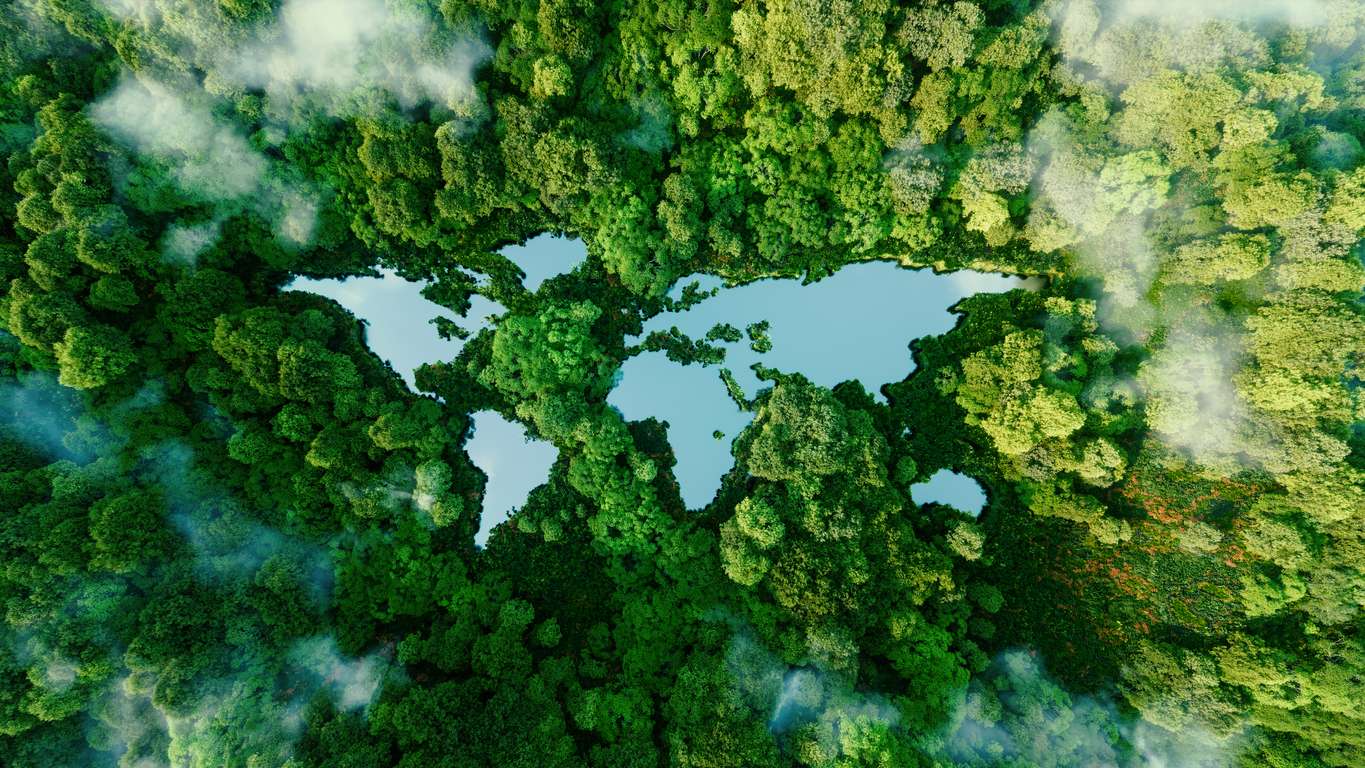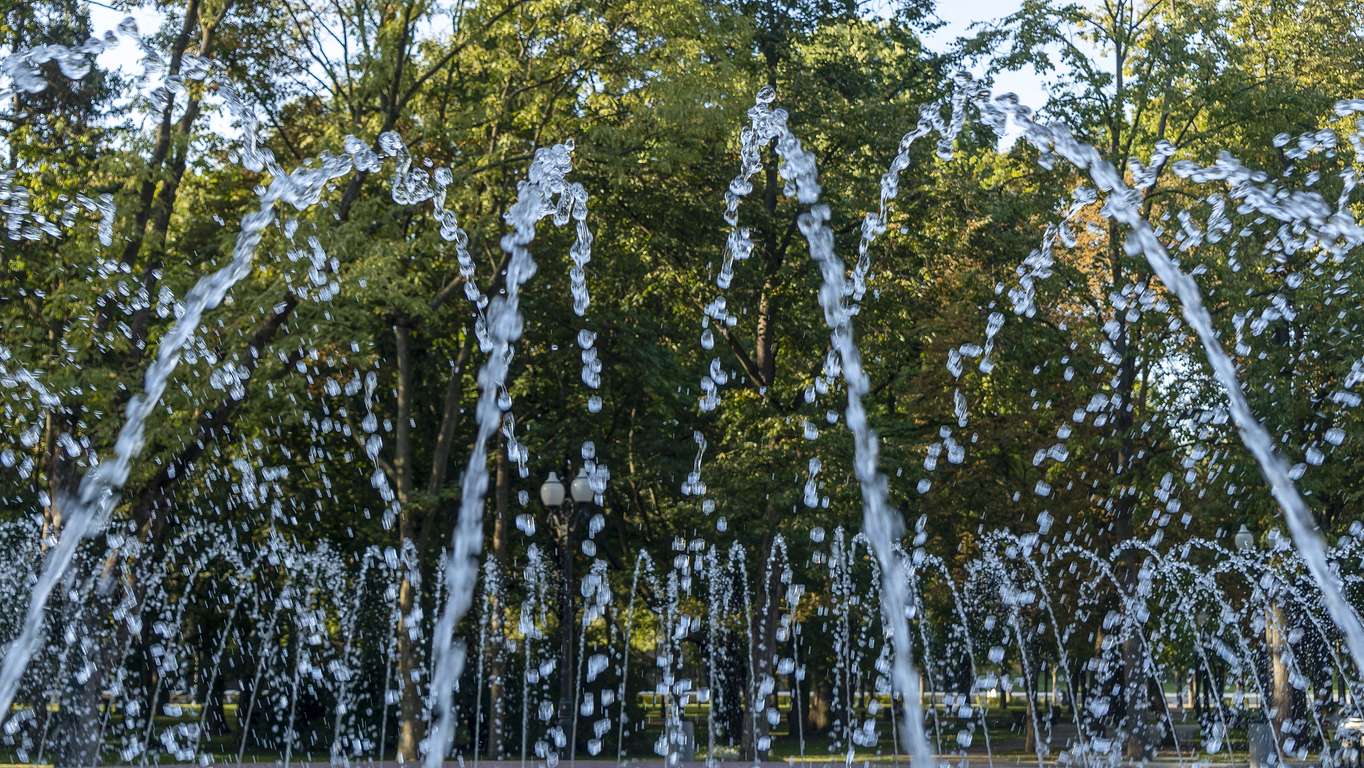
This week, World Day against Climate Change went quite unnoticed as it is still quite little known. World Climate Day is an initiative of diverse associations in France and Belgium. It was the opportunity to recall the very real threat of global warming and the need to act to limit its effects. Although Belgium is perceived as a rainy country, the region will not be spared the consequences of global warming.
Climate change:
Although the public space feels saturated with alarmist announcements, it is necessary to become aware of our impact on the climate.
What changes today compared to the usual climatic alternations is the increase in the power of action of man throughout the last century. The human influence on the climate is scientifically undeniable, manifested by a rapid and large-scale change visible on extreme climatic phenomena.
Climate change and water:
Climate change puts our most precious resource at risk: water.
According to the Belgian climate website, climate change will have the following effects:
- Reduction of renewable surface water and groundwater resources in the South, which will increase competition between sectors for water, whilst water resources will increase in the North
- Declining water availability, due to a decrease in the volume of water stored in glaciers and snow cover
- Reduction of water quality
- Rising sea levels increase the risk of flooding and erosion in coastal areas
The severity and frequency of droughts seem to have increased in some parts of Europe, particularly in Southern Europe.
The Belgian case:
A map published by the World Resources Institute (WRI) in 2019 classifies Belgium as being at risk of water stress. Placing itself in the 23rd place of the most at-risk countries in the global ranking and fourth amongst the European ranking, ahead of Spain, Italy or Greece. Flanders is even classified as being at “extreme risk of water shortage“, the only region in Western Europe.
These surprising results can be explained by the small volume of water available in the Belgian water reserves. In contrast to the rest of the European continent, Belgium depends mainly on rainfall and consumes 25% of its renewable water resources each year. The lack of natural reserves combined with the decrease in precipitation to global warming place Belgium in a situation of risk.
This is also reflected in the planned 15% increase in water rates for 2022. Brugel, independent water regulator, and Vivaqua, water provider, had been working since 2018 on objectifying Vivaqua’s costs in order to offer prices reflecting the true cost of water, and of the services Vivaqua provides in the Brussels region.
The number of droughts will only increase in the coming years, but it is not too late to implement measures in anticipation. In order to curb the effects of global warming, we need to take a technological and/or societal revolution. The current measures and regulations no longer seem sufficient in the climate emergency we are facing.
Facing the need for new water management, Shayp positions itself as an expert on sustainable water management. Having observed the waste of water in the real estate sector, we can use our expertise to control water management. Our mission is to preserve water and mitigate the risk of water shortages. Since the commercialization of our solution, we have been able to save 1 billion liters of water and are working to save 100 billion liters of water in the next three years. Contact us to learn more:


